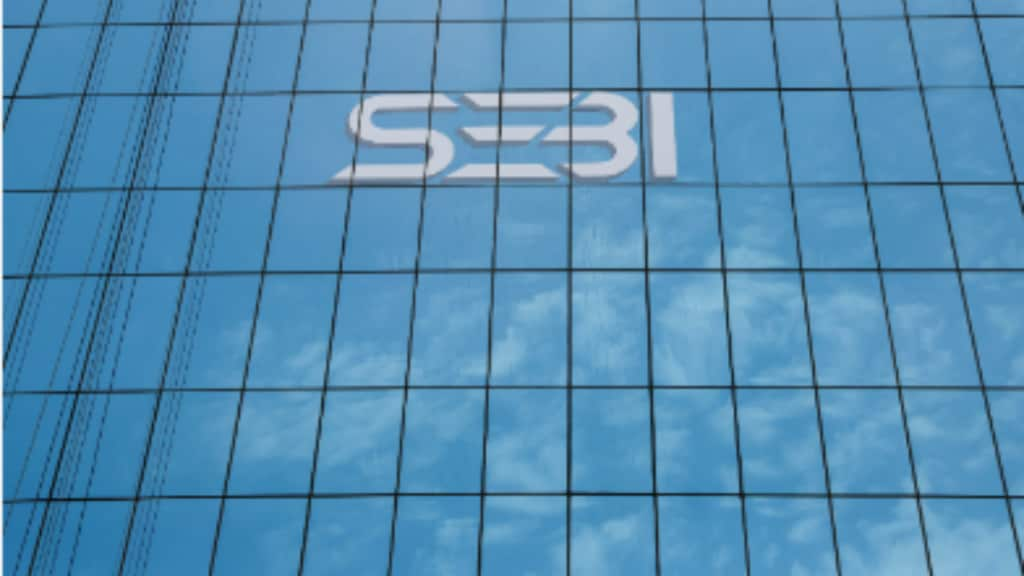In about three months, clearing houses will have a significantly bigger role to play in the Indian stock markets. They will have to directly pay out securities to clients’ demat accounts and assume responsibilities such as distribution, reconciliation, multiple entries and tracking the payout. These were part of the guidelines which were proposed around two decades back, but were never implemented since those were voluntary.
Currently, securities received in payout are pooled by brokers and then credited to demat accounts of respective clients.
However, with the Securities and Exchange Board of India (Sebi) making it mandatory for depositories to directly put securities in the clients’ account from October 14 onwards, things are about to change drastically. As a result, clearing corporations will have to upgrade their systems, technology and compliance frameworks in coming months.
Prashant Vagal, chief operating officer and executive vice president at the National Securities Depository (NSDL), said depositories will credit the payout of securities to clients’ demat accounts based on advices from clearing corporations and notify the client of necessary information, such as the broker on whose behalf the payment has been made.
“Despite the increased operational load, the scalability in terms of volumes would improve, as transactions that were previously spread throughout the day would now occur within a few hours,” added Vagal.
The regulator has also directed the Broker’s Industry Standards Forum under the stock exchanges to form implementation standards on a pilot basis by August 5.
Clearing corporations have to face challenges such as upgrading technology to support real-time processing and direct crediting of securities as well as improving risk management frameworks to manage any new risk emerging with direct transfers, said an official at a clearing corporation.
In addition, based on the beneficiary account details of the clients sourced from the brokers, the clearing corporation would send a payout instruction to depositories, directing credit of securities into the client’s demat accounts without any involvement of a broker’s pool account.
But that’s not all. Sebi has also directed clearing corporations to introduce a mechanism for clearing members to identify unpaid securities or funded stocks under the margin trading facility. For this purpose, the unpaid securities would have to be pledged in favour of the broker’s demat account by the clearing corporation until the payment is received, Vaishali Babu, managing director and chief executive officer, Indian Clearing Corporation, said.
From August 1, Sebi will enforce revised norms on the collateral and exposure limits of clearing corporations. These new regulations will set tougher standards for the types of collateral that can be used, how liquid assets are valued and the exposure limits for clearing houses.
“Sebi has given detailed guidelines on the acceptable liquid assets with applicable haircuts to meet the requirements for initial margins, mark-to-market losses, base minimum capital and value at risk margins, which help clearing corporations manage risks better and facilitate smoother operations,” said the official.
If the recent draft paper on stricter norms for the treatment of cash collaterals and upstreamed client funds by clearing corporations is mandated, it will come into effect 90 days after the circular. The paper is open for public comments till July 25.
Among other changes, there has to be separation of own funds and funds received as cash collateral and upstreamed client funds. Further, these funds can only be invested in highly-liquid financial instruments with minimal market and credit risks as specified by Sebi.
Any interest or income earned out of these funds has to be distributed back to clearing members or added to their collaterals at least once in every quarter, the benefit of which shall be passed on to clients.


